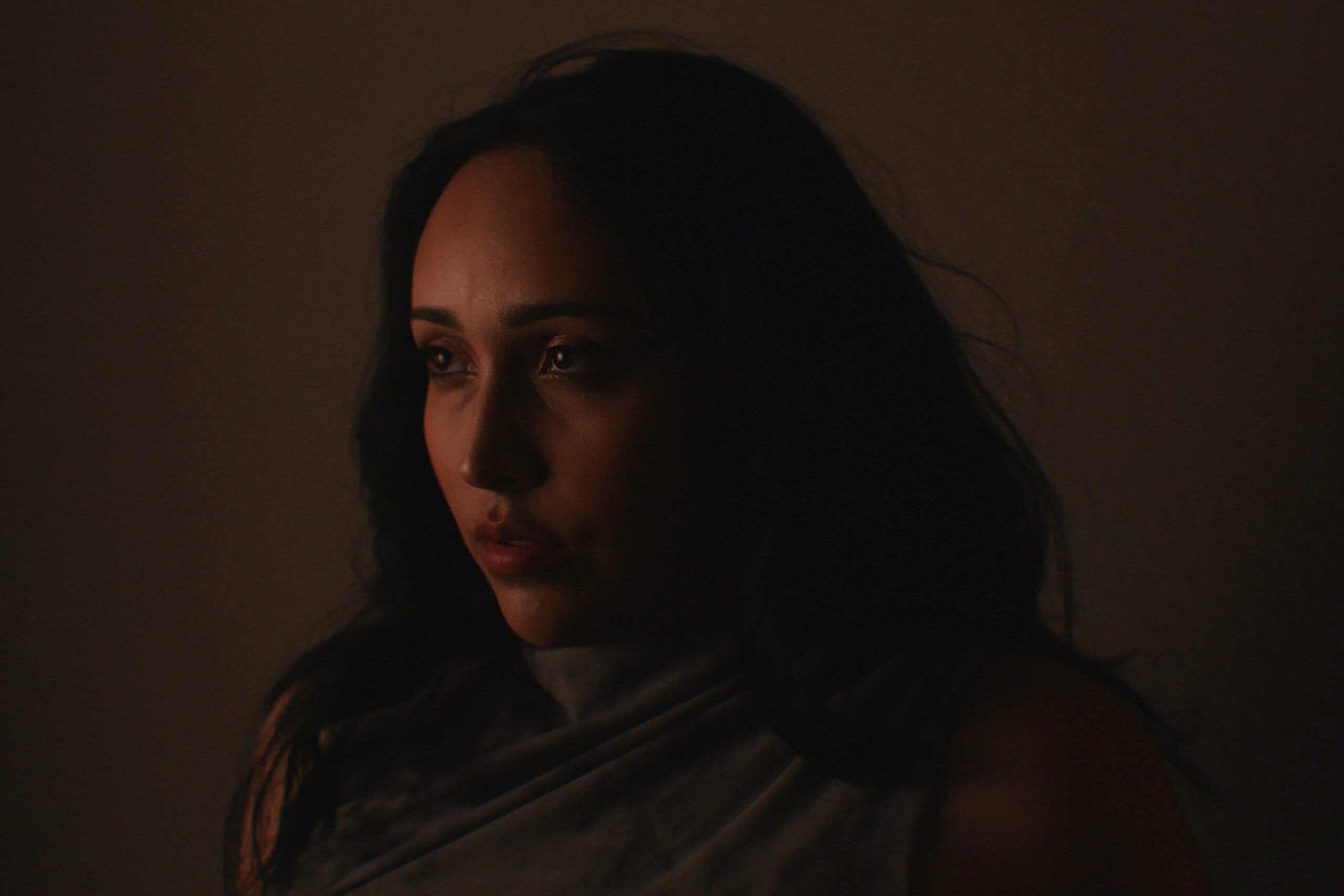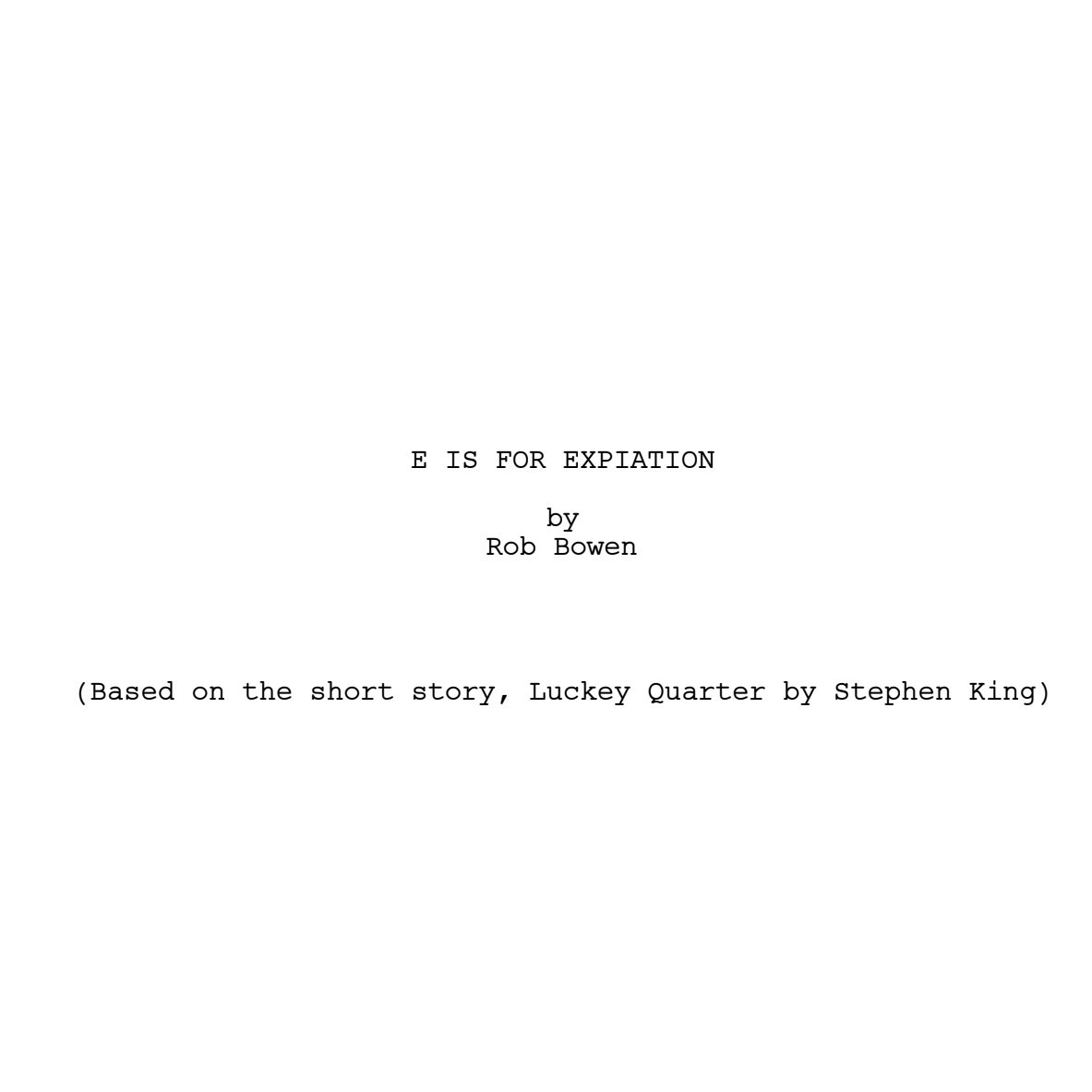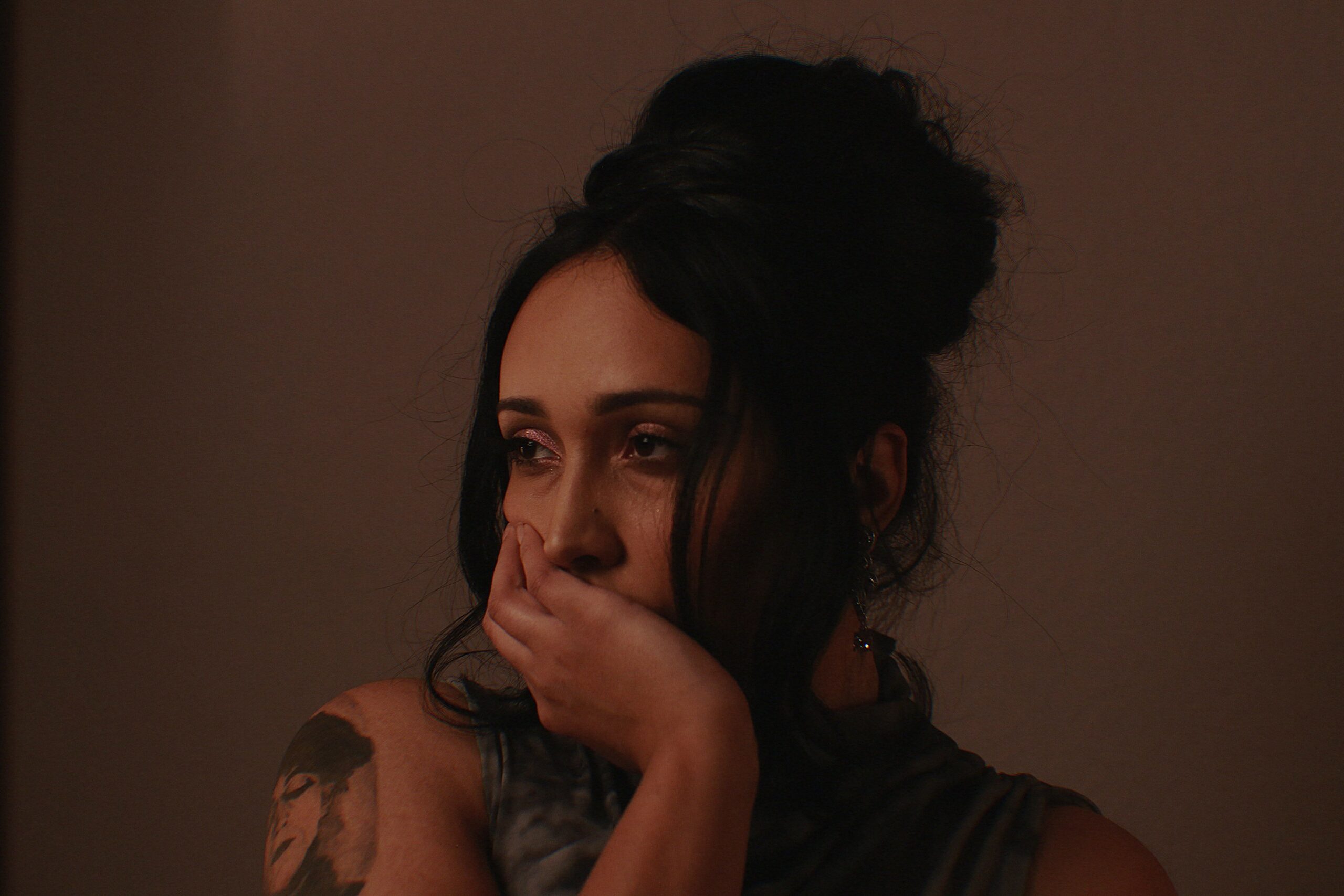Alright – so today we’ve got the honor of introducing you to Erynn Mitchell. We think you’ll enjoy our conversation, we’ve shared it below.
Erynn, sincerely appreciate your selflessness in agreeing to discuss your mental health journey and how you overcame and persisted despite the challenges. Please share with our readers how you overcame. For readers, please note this is not medical advice, we are not doctors, you should always consult professionals for advice and that this is merely one person sharing their story and experience.
Bipolar disorder cannot be cured, only managed. I grew up with a father who had a late-in-life bipolar diagnosis, so when I started showing symptoms in late high school, I knew what they were pointing to. Bipolar comes in cycles of dramatic and unusual mood shifts. Manic waves bring in tons of energy and impulsive decision-making. These waves cycle into depressive ones that make you bedridden with fatigue and loss of interest in the world. Bipolar can be managed with therapy, medication, and self-discipline. I don’t particularly feel like I have overcome it, and to be frank, I don’t want to put that pressure on myself. Rather, I persist and revolve my entire life around managing it. I am lucky enough to be in film working as my boss for my projects so that I can work within my highs and lows. However, the toughest challenge lately has been self-isolation. I often find myself isolating from everyone around me to be in my own world. The mood swings and shifts sometimes are too much to explain to others. When I am at my most cynical, I might even say that my struggle with bipolar is too much to explain to people who will never try to comprehend it in good faith. Bipolar is an incredibly shameful disorder to have, and one of the biggest difficulties is knowing the difference between choosing your peace and isolating yourself out of fear and shame. It took a long time for me to do this, but I think finding a small group of close friends who understand and have compassion for your cycles is vital for every bipolar person. You also have to learn to be more harsh about who you are in community with, which makes finding the balance between isolation and protection so important. I have had to become immensely honest with myself about who I am, what I want/need, and how I feel to a drastic degree because of the severe nature of my mood swings. I can’t just cope with a bad situation or flippantly decide to make toxic choices because it could easily trigger a dangerous manic or depressive episode. As I got older, I set a boundary with myself, declaring that I could only be in community with people who exert similar self-control when making healthy decisions and have gotten to know themselves on that more profound level. It’s a lonely place to be in at times. However, this has helped me cherish and pour my energy into a supportive and understanding community. Living under a schedule that accounts for manic depression looks very different because even when you’re in treatment for it, bipolar can only be managed, and you have to hold space for yourself when dealing with mood shifts. Taking your time with decision-making, not doing impulsive things, and learning to be open and communicative about your mood shifts are all essential steps to take when managing it. However, the best thing to do, no matter what mental health challenges you deal with, is to remember that you are worthy and that your struggles don’t define who you are.
Let’s take a small detour – maybe you can share a bit about yourself before we dive back into some of the other questions we had for you?
I just graduated with my M.F.A from USC School of Cinematic Arts and walk this upcoming May. As I entered my final semester, one of my closest collaborators, Rob Bowen of WHATSABUDGET films, approached me about his Steven King dollar baby adaptation of the short story ‘Luckey Quarter’. It is the final story in King’s ‘Everything’s Eventual’ collection and follows a hotel maid, Darlene Pullen, who finds a strange tip in one of the rooms. I am originally from Colorado, and I met Rob Bowen as an undergrad in Colorado Springs. Working with him again and returning to my roots after being at USC has been so enriching. One of the most rewarding things about this project has been paying homage to my home state. Colorado is famously a third space for American artists, and to be able to pay respect to it in my work has been something I am immensely grateful for. Being in community with other Colorado filmmakers and asserting ourselves in the film world strongly tied to the coasts is so important to me. While I call Los Angeles home now, I am still so honored to be a Colorado native and to give voice to the Rocky Mountains. Colorado has recently introduced noteworthy filmmaking incentives to encourage people to come and film in the state, so engaging in filmmaking in the area is so important to set a precedent that it can also be an enriching filmmaking spot. We are shooting in the old historic mining town of Cripple Creek. There is still an incredibly Wild West feel to spaces like Cripple Creek and immortalizing them in film feels so significant and special. If you are interested in this Lynchian, western take on a Steven King short story, you can support him by following us on socials or donating to our fundraising campaign.
Looking back, what do you think were the three qualities, skills, or areas of knowledge that were most impactful in your journey? What advice do you have for folks who are early in their journey in terms of how they can best develop or improve on these?
You should trust yourself first and foremost. While advice other people give you can be a helpful guide, at the end of the day, you are the only one with full context for your life. I always consult myself when I am 80 because it’s important to me that every choice I make is one that she will be able to sit with and be proud of. It’s a mental exercise. I certainly can’t call my 80-year-old self and explain everything, but when I make it to her, I want her to feel like she has lived the life she wanted. A second thing I always advocate for is taking everything in the middle. It doesn’t matter if it’s a compliment or criticism. If you live by getting praise, you will live by the naysayers just as much, so learning to center your opinion of your life is vital for self-growth. Finally, everyone should express their gratitude more. We are all so hard on ourselves and the world around us. Sometimes, being hard on the world is necessary. But practicing gratitude, even when I have felt like I had nothing, has helped me understand what is worth fighting over. My grandpa’s struggle with ALS gave me a perspective I lacked when it came to being grateful. I used to think it was accomplishments you become grateful for. But watching him lose everything: the ability to walk, sing, photograph, play guitar, speak, and care for himself made me realize just how much we have. We are all so lucky, and we don’t even realize it.
Thanks so much for sharing all these insights with us today. Before we go, is there a book that’s played in important role in your development?
I recently read Kahlil Gibran’s book ‘The Prophet’. When you train under the Stella Adler method of acting, this is an additional text important to the work. An exercise she advocates for in her book, ‘The Art of Acting’, is to take a passage from the book and get to know it incredibly intimately so that you can return to the class and explain what is said in whatever particular essay you chose. It’s a tool to work on incorporating ideas into your perspective as a mind development practice. Developing your mind and learning is necessary for all of us, creative or not. ‘The Prophet’ is a stunning work of prose; it ponders what life means, and everyone can get something out of it. The first time I read the book, I chose the section on marriage to discuss because of one passage that stood out to me; the passage was so significant in my development of how I see all relationships, romantic and otherwise, and I will share it here. “Give your hearts, but not into each other’s keeping. For only the hand of life can contain your hearts. And stand together yet not too near together: For the pillars of the temple stand apart, And the oak tree and the cypress grow not in each other’s shadow.”
Contact Info:
- Website: https://www.whatsabudget.com
- Instagram: https://www.instagram.com/erynnerynnerynn/
- Other: (Steven King Dollar Baby Fundraiser) https://www.indiegogo.com/projects/e-is-for-expiation-film#/
(Direct Donation Link To WHATSABUDGET On Website) https://www.whatsabudget.com






